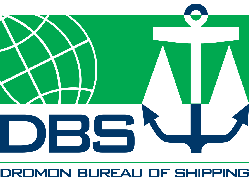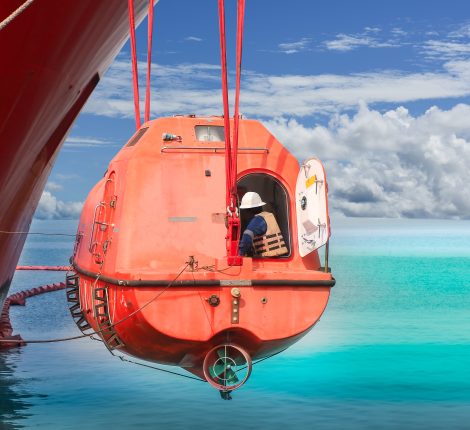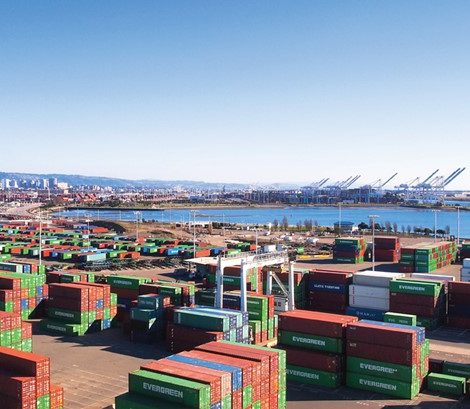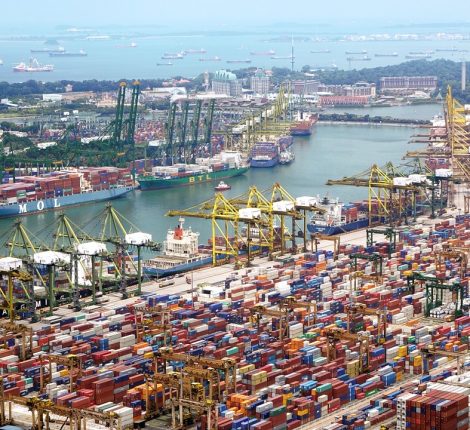- April 9, 2015
- 2015 , Circulars
- Comments : 0
Steering gear test with the ship not at the deepest seagoing draught
09 April 2015 | C15012
SOLAS Regulation II-1/29 has been amended to include requirements for ships that it is impractical to demonstrate compliance with the requirement for deepest seagoing draught during the test of steering gear
NOTICE TO
Ship Owners / Managers / Operators | Flag Administrations | Surveyors | Builders
Through MSC.365(93), the IMO has adopted new measures for ships that it is impractical to demonstrate compliance with the requirement during sea trials at its deepest seagoing draught and running ahead at the speed corresponding to the number of maximum continuous revolutions of the main engine and maximum design pitch. For a number of ship types, such as container ships, it is impractical to demonstrate compliance with this requirement although during sea trials all ballast tanks have been loaded. For these ships, regardless of date of construction, can demonstrate compliance with this requirement by one of the following methods:
- during sea trials the ship is at even keel and the rudder fully submerged whilst running ahead at the speed corresponding to the number of maximum continuous revolutions of the main engine and maximum design pitch; or
- where full rudder immersion during sea trials cannot be achieved, an appropriate ahead speed shall be calculated using the submerged rudder blade area in the proposed sea trial loading condition. The calculated ahead speed shall result in a force and torque applied to the main steering gear which is at least as great as if it was being tested with the ship at its deepest seagoing draught and running ahead at the speed corresponding to the number of maximum continuous revolutions of the main engine and maximum design pitch; or
- the rudder force and torque at the sea trial loading condition have been reliably predicted and extrapolated to the full load condition. The speed of the ship shall correspond to the number of maximum continuous revolutions of the main engine and maximum design pitch of the propeller.
As per IACS Unified Interpretation, also adopted by the IMO, in order for ships to comply with the performance requirements stated in SOLAS Regulation II-1/29.3.2 and 29.4.2, they should have steering gear capable of meeting these performance requirements when at their deepest seagoing draught. In order to demonstrate this ability, the trials may be conducted in accordance with section 6.1.5.1 of ISO 19019:2005 (Seagoing vessels and marine technology – Instructions for planning, carrying out and reporting sea trials).
On all occasions when trials are conducted with the ship not at the deepest seagoing draught, the loading condition can be accepted on the conditions that either the rudder is fully submerged (at zero speed waterline) and the ship is in an acceptable trim condition, or the rudder load and torque at the trial loading condition have been reliably predicted and extrapolated to the full load condition, to the satisfaction of our attending Surveyor.
In any case, for the main steering gear trial, the speed of the ship corresponding to the number of maximum continuous revolution of main engine and maximum design pitch applies.
applicability
The above mentioned alternative methods apply to all ships, irrespective on the date of construction, that a steering gear test on sea trials is required after January 1, 2016 and is impractical to demonstrate compliance with the requirement for the trial to be carried out at the deepest draught.




